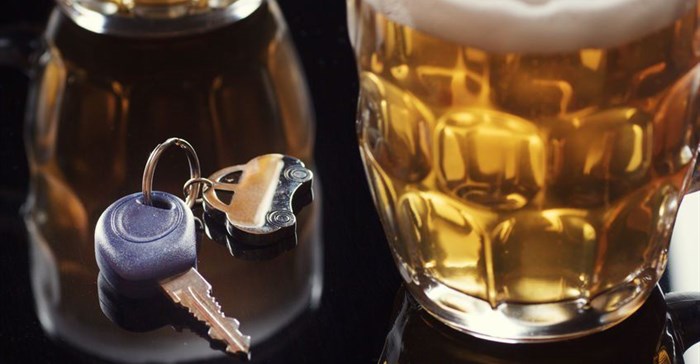
Top stories



Energy & MiningVitol joins consortium planning $3bn gas-fired power station at Durban port
Wendell Roelf 28 minutes



More news






Marketing & Media
Prisa's Bradley Howland: The importance of professional associations







The investment is to focus on upscaling existing programmes and finding new, innovative measures to deal with key areas of concern including the following:
The industry will support legislative and enforcement measures to reduce drinking and driving/walking by capacitating law enforcement with resources to effectively enforce it, and by partnering with retailers regarding interventions in high-risk areas. Alcohol Evidence Centres that will have the capacity to process breath alcohol testing and immediately make available results for prosecution purposes is one of the measures to be put in place.
In addition, the industry will work with retail partners, particularly taverns, to introduce a patrol/buddy system to walk home intoxicated customers in order to curb drinking and walking incidents.
The industry will ramp up its consumer education campaigns on binge drinking, which will include responsible messaging as well as defining drinking guidelines to influence behaviour. Various brands have introduced reduced alcohol products and 0% alcohol products to encourage responsible drinking habits.
The industry is in discussion with the retail sector to explore the implementation of an ID verification system in all retail outlets (on-and off-consumption), as well as the extension of the underage drinking education programme. This programme was developed for engagement in school environments using digital platforms so that information can be disseminated to community- based youth organisations.
The industry is committed to partnering with government and civil society in addressing the issue of gender-based violence and femicide. One of the industry members, SAB, has launched a Gender-Based Violence WhatsApp helpline through its GBV social awareness campaign #NoExcuse. This is a safe reporting platform for anyone who is a victim of GBV providing for referral to a counselling support service.
Dialogues with tavern owners are currently underway to explore the best measures and the role that outlet owners can play in an effort to curb gender-based violence. This process will be used to facilitate dialogue with government on how the industry can provide support with the implementation of the national strategic plan on gender-based violence and femicide.
Since the outbreak of Covid-19, businesses in the liquor value chain have already made investments in direct support to the health system including provision of more than 200,000 litres of pure alcohol for production of sanitisers, supply of finished sanitisers and other PPE material.
The industry is making a further commitment of providing R15,5m worth of PPE to hospitals in the four most affected provinces – Eastern Cape, Gauteng, KwaZulu-Natal and Western Cape.
Alcohol industry spokesperson Sibani Mngadi said the industry appreciates the opportunity to trade again from Tuesday, 18 August.
“We call on the traders and consumers alike to abide by all the lockdown rules and make sure that their drinking occasions do not contribute to the spread of infections and unnecessary burden on the health system. We have a collective responsibility to protect our livelihoods as various players in the alcohol value chain. Consumers equally have a responsibility to behave appropriately and not expose themselves and others to unnecessary harm and potential infections.”
The "South African alcohol industry" includes but is not limited to the National Liquor Traders Council, South African Liquor Brandowners Association (SALBA), the Beer Association of South Africa (BASA), Vinpro, the National Liquor Traders Council, and manufacturers.